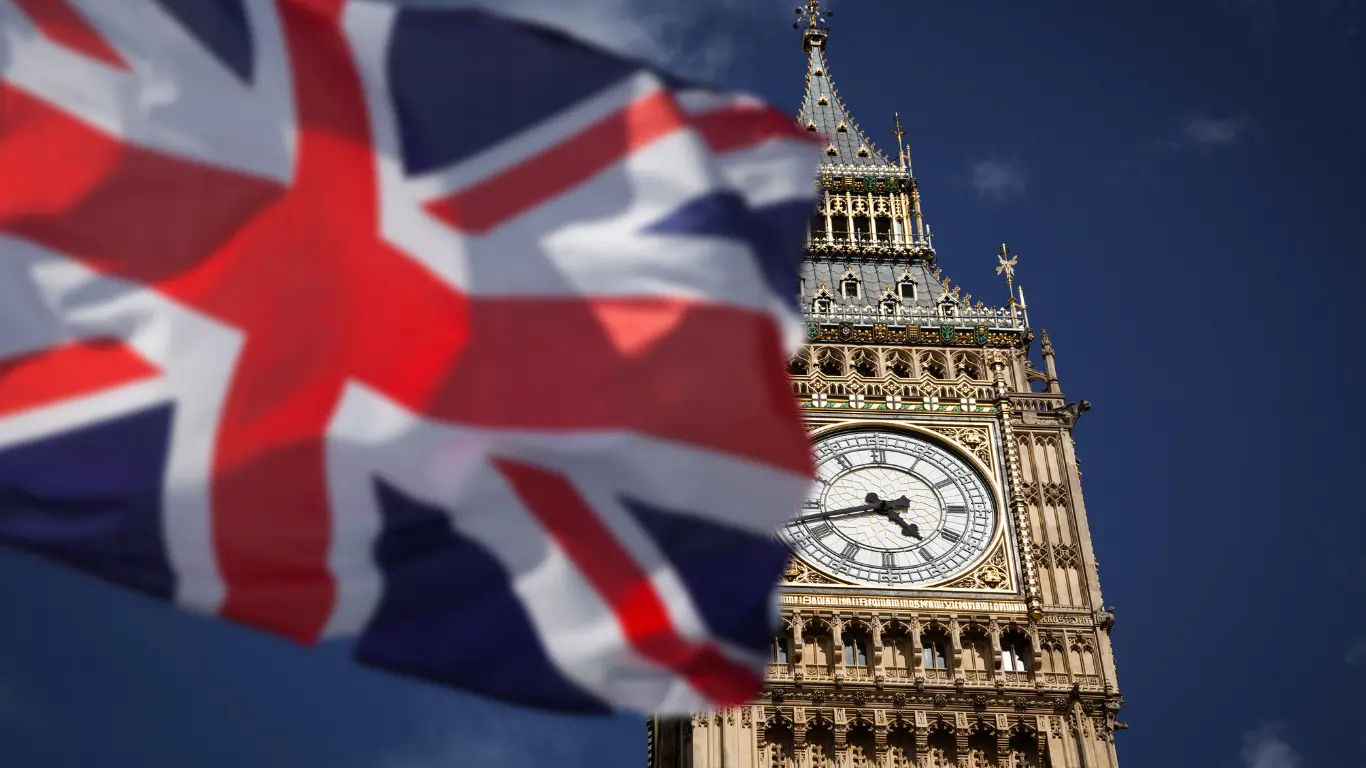The UK is one of the most important trade destinations for Poland. Why is mail order to the UK an attractive market for Polish entrepreneurs? Because the UK has a very high number of consumers who shop online (99%). More than half of those who shop online do so once a week or more often*.
Until 2021, mail order to the UK was a relatively seamless process. The free movement of goods between EU countries made it easy to trade with the UK. Businesses benefited from EU customs and tax rules. There was no requirement to register for VAT in the UK and sales were taxed in Poland. However, after the UK left the European Union, the situation began to evolve and bring challenges. The introduction of new customs and tax regulations after Brexit required businesses to adapt to the new reality.
* Data from e-Isba report “Cross-border e-Commerce. Branding without borders.”
ONLINE SALES TO THE UNITED KINGDOM AFTER BREXIT
From 1 January 2021, mail order sales to the UK will no longer be treated as intra-EU. From now on, parcels can no longer be sent under the simplified VAT OSS procedure – transactions such as intra-Community supply/acquisition of goods (B2B) and online order sales (B2C) no longer occur. Instead, there are exports and imports of goods. The exception is the territory of Northern Ireland.
Exports and imports of goods with the UK are now subject to the same procedures as with third countries (i.e. those that are not part of the European Union)*. These changes require more attention when planning business transactions with the UK. In practice, this means that additional formalities and documentation must be completed, such as
– EORI number,
– Customs clearance and control,
– Disposition of commercial documents and certificates,
– Disposition of commercial documents and certificates,

ONLINE SALES TO THE UK AND OBTAINING AN EORI NUMBER
Before you begin the process of gathering the necessary documentation, remember that you must have an EORI number. This is a unique number assigned to companies involved in commercial transactions outside the European Union. Since each company can have only one EORI number, it is a kind of identifier for a particular company in the world of international trade.
It exists for the needs of the customs administrations of the EU countries and is used by these authorities to monitor shipments entering and leaving the European Union area.
!Important – you will also need a British GB EORI number
SHIPPING SALES TO THE UK AND CUSTOMS PROCEDURES
Goods exported to the UK must go through a mandatory customs procedure. This requires the submission of a customs declaration. This can be done electronically by submitting an electronic export declaration (in the AES/ECS2 system). The generated electronic IE599 document, signed by the export office, serves as proof of the application of the 0% VAT rate on the exported goods.
SHIPPING SALES TO GREAT BRITAIN AS EXPORTS TO A THIRD COUNTRY
When exporting to the UK, the Customs apply the same rules as for third countries, i.e. countries that are not members of the EU.
When selling by mail order to the UK, the entrepreneur is entitled to apply a 0% VAT rate. The ability to apply a 0% VAT rate on exports is extended to both supplies of goods to a business (B2B) and supplies to a non-business individual (B2C).
In order to use this option, it is necessary to have (prepare) documents confirming customs clearance. These documents are
- Customs document IE-599,
- Export Declaration (SAD).
In a situation where the above documents are not prepared, the sale will be taxed in Poland at the rate appropriate for the type of goods. However, remember that VAT taxation in Poland is not the same as VAT exemption in the UK. This means! In the absence of appropriate customs documents, you may pay double tax (in Poland and the UK).
MAIL ORDER SALES TO THE UNITED KINGDOM AND VAT ACCOUNTING
Billing depends on several factors, such as the status of the buyer (private individual or UK VAT taxpayer), the value of the transaction, and the method of sale (online store or sales platform).
There are two rates of VAT in the UK: 20% (basic rate) and 5% (reduced rate, on certain products).
VAT ACCOUNTING AND BUYER STATUS
If the buyer is registered for VAT in the UK, there is no need to account for VAT in that country. Normally the buyer, as the importer of goods into the UK, is responsible for VAT settlement.
However, if the customer is a private individual, the value of the transaction (the so-called £135 turnover limit) is a factor in determining the need to account for VAT in the UK.
VAT SETTLEMENT AND TRANSACTION VALUE
The transaction value includes the cost of the entire shipment that the receiver (goods) pays for the products. If he/she purchases multiple products, the transaction value is the cost of the entire order (not individual products). The transaction value does not include the cost of shipping and any additional fees (such as customs duties).
For B2C sales of goods (seller based outside the UK) for an amount not exceeding £135, the seller is required to register for VAT in the UK and account for VAT on their local tax return.
Above this limit (£135), VAT in the UK is usually accounted for by the buyer (importer) – but is a matter to be determined. Since this is associated with a high percentage of returns (customers are surprised by the additional cost of purchases), to avoid this problem you should consider shipping under the DDP procedure. As the seller, you are then responsible for paying VAT and customs duties on imports. This requires VAT registration in the UK regardless of the value of the transaction.

VAT SETTLEMENT AND SALES METHOD
If you sell in the UK through platforms – OMP (Online Marketplace) – you are not required to account for VAT in the UK. In this case, the obligation to account for VAT falls to the selling platforms (who account for the tax on behalf of the sellers). The marketplace platform is required to account for VAT on non-UK shipments with a value of £135 or less where the buyer is a private individual.
In short, the transactions that require you to register for VAT in the UK are
- Importing goods into the UK,
- Exporting goods from the UK,
- Mail order sales to the UK if the recipient is a company registered for VAT in the UK,
- Sales of goods from Amazon warehouses in the UK,
- Consignment sales to the UK with a value of £135 or less (transactions >£135 do not require VAT GB as they are treated as exports to the UK),
- Storage of goods in the UK, sale of goods from the warehouse,
- local sales in the UK, i.e. buying goods in the UK and then reselling them.
STARTING A MAIL ORDER BUSINESS TO THE UNITED KINGDOM
Starting a mail order business to the UK can be a step full of opportunities, but it also requires some preparation and an understanding of the rules of this market. The first step is to familiarize yourself with the formal requirements, such as customs procedures, VAT registration and limits on the value of shipments. It is also important to understand the preferences and expectations of British customers and to adapt your offer and marketing strategy to local conditions. Before you start selling, it pays to thoroughly analyze the market, seek expert advice and establish a clear plan of action to achieve success in the UK e-commerce market.
Understanding and strictly adhering to mail order restrictions in the UK is an important part of doing business in the country.

